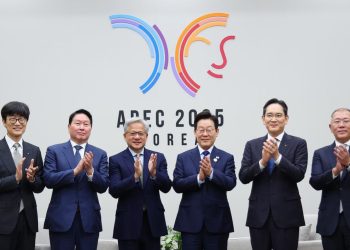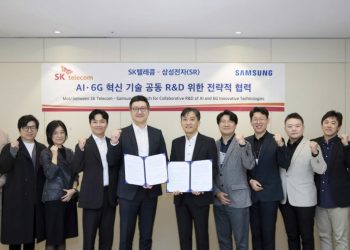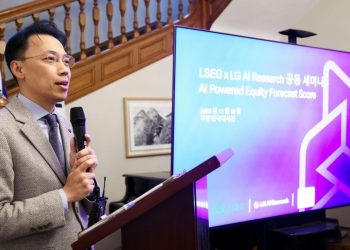South Korean government affirmed a $15.1 billion i.e. 20 trillion won worth of investment for research and development of solid-state and other advanced batteries on Thursday. South Korea’s top three electric vehicles (EV) battery makers have come together to establish a production plant for advanced batteries by 2030.
The trio LG Energy Solutions Ltd (LGES), Samsung SDI and SK On, are also some of the biggest EV battery players around the globe. Collectively these three will keep a tab on the product manufacturing and innovation at the production facilities that will be built for advanced batteries.
As per the industry ministry, Korea must realize its secondary battery sector’s potential alongside the semiconductor sector for achieving a complete digital transformation. A sound secondary batteries sector will confirm not only strategic triumph but also assemble a climate for paramount security.
Solid-state batteries as well as wireless charging are perceived to be the next major advancements in electric vehicle technology. In case of solid batteries, they will certainly be a game changer for the EV industry as these are the kinds of batteries that replace the flammable liquid electrolyte usually found in a traditional lithium-ion battery with a solid electrolyte having the same function.
With the full-scale development of solid-state batteries, EV customers will be gushed with better versions of EVs. Solid-scale batteries will ensure a safer protocol and also larger energy density essential for advanced and pristine EVs and electrified aviation. Such batteries that have solid electrolytes are quicker to charge in comparison with typical lithium-ion batteries with liquid electrolytes.
The new battery initiative launched by South Korea will involve secondary batteries along with advanced batteries like cylindrical 4680-cell batteries, and cobalt-free batteries. According to the industry ministry South Korea is looking to increase its domestic production capacity of cathode material by four times. At the same time, the country is also aiming to expand its battery production-related equipment exports by at least three times to $3.5 billion in the next five years.
By the year 2025, South Korea will indulge more in securing advanced batteries such as lithium ferro phosphate batteries production. Looking at the environmental issues, the government has put an ambitious aim of reaching a 100 percent battery recycle mark within the next eight years by deploying a domestic system.
In the following three years, it is expected that the commercialisation of solid-state batteries will begin. LG Energy’s mass production Ochang plant is foreseen to be finished in the first half of the new battery initiative.
Whereas SK On is anticipated to complete its advanced batteries production line for Cobalt-free battery technology by 2025. By the year 2027, Samsung SDI’s solid-state batteries centre is likely to be up for operation.
South Korea has seen steady growth in lithium-ion exports since 2015. Around 5.76 billion won worth of lithium batteries were exported during the pandemic in 2021. It is time for the nation to augment further with advanced technology or advanced batteries in the line.
The global EV battery supply chain is evolving largely due to the US Inflation Reduction Act (IRA). Although minute hardships are there, many Korean battery manufacturers are darting to dive into new opportunities brought by the IRA.






